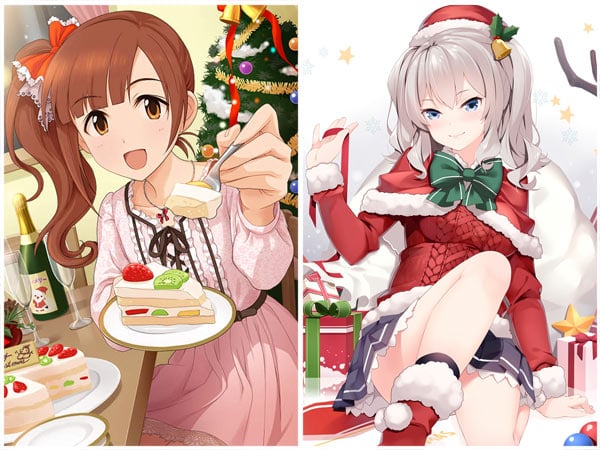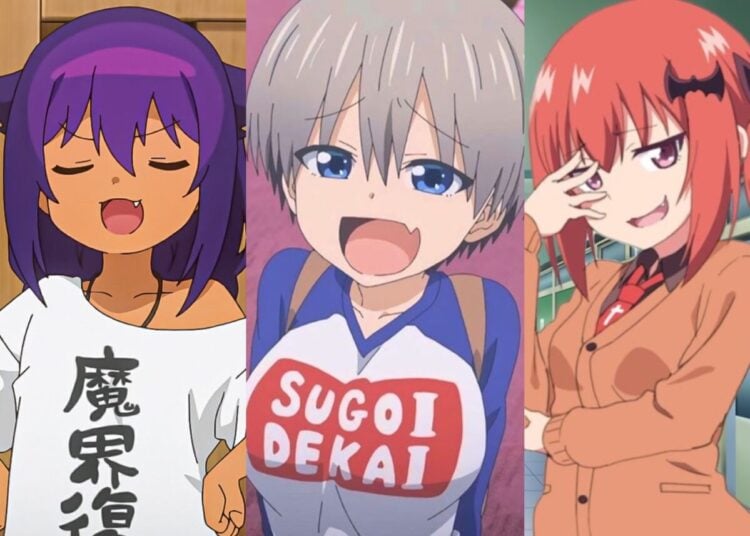Very warm Merry Kurisumasu and happy holiday wishes to everyone! We hope you’re having a wonderful special day today, wherever you are in the world.
One of the most famous images of Christmas in Japan is “Christmas cake,” a delicious cake that’s either handmade from scratch or ordered from a bakery to be picked up on December 24th. The custom got started in 1910 when confectionery company Fujiya — the ones who make those delicious Milky caramels — introduced the British tradition of Christmas cake to Japan, though the local version is usually a standard sponge cake with strawberries and a whipped cream-based icing. One big trend over the past few years has been the rise of convenience stores selling Christmas cakes featuring licensed characters like Madoka Magica, Nisekoi and Totoro. Convenience stores have become a popular way for animation studios to reach new fans, and by creating limited products like Lawson’s Evangelion-themed Christmas cake that comes with a metal Spear of Longinus knife to cut your cake with, they can bring a lot of young customers into their stores.
I’m a fan of language, and like observing how words and grammar differ across different languages, to the point where they actually affect your personality. Japanese is famous as being a vague language, with sentence subjects rarely stated as they’re usually understood from context, and more use of passive voice (“it has been decided”) rather than active (“Jim decided it”) than we have. When Japanese go abroad and use English, they’re challenged to be more direct and proactive, learning to speak out and be vocal about what they want, which makes them more aggressive than normal Japanese people. It’s also interesting to observe the way words get “mapped” differently, like the way the English word “tension” has been subtly changed to mean “excitement” or “fun” in Japanese. The other day I was trying to explain the concept of reverse psychology to my daughter, but I didn’t know the term in Japanese, so we looked it up. The result was surprising: the official way to refer to the concept of reverse psychology in Japanese is カリギュラ効果 karigyura-kouka, meaning The Calligula Effect, which is the tendency for people to be more interested in something that’s denied to them, as when the 1980 softcore film Calligula was banned in parts of the U.S. and all of Japan, naturally making it a smash hit. Imagine what a world we’d live in if fewer things were banned outright by society? A lot fewer people would seek them out, it seems to me.

2015 is in the final stretch, and J-List is helping you get there with our popular December EMS sale, which is in its last week now. Order $100 or more of Japan-based items and choose EMS as your shipping method, and get $25 off your order, automatically. Browse the most popular items now!
















